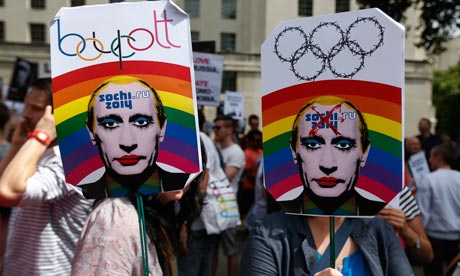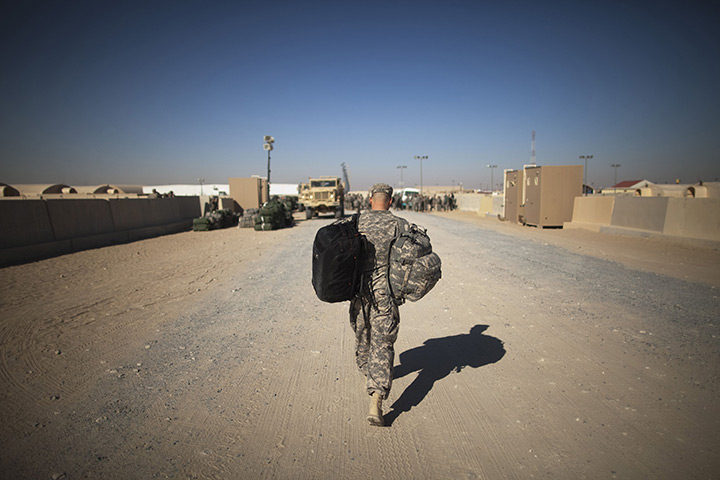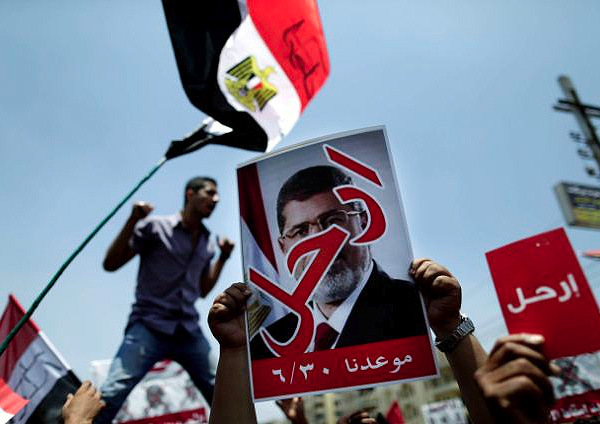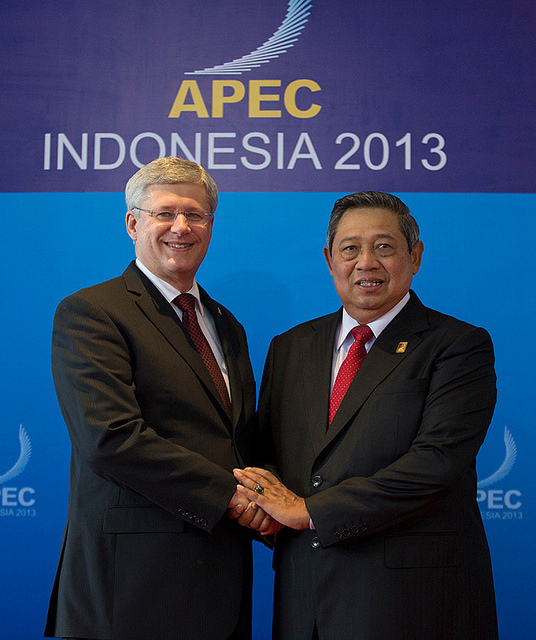Few events are as global as the Olympics. As athletes from all over the world flock to the host city to compete against their international counterparts, the games represent not only competitive patriotism, but also peace and unity among nations. And yet, though envisioned to transcend geopolitics, the inspirational achievements of athletes and spirit of progress provide opportunities for opportunistic politics. Consequently, the games have always carried symbolic political meaning and have occasionally been blatantly used to achieve political goals.
Olympic Politics
In 1964, South Africa refused to eliminate racial discrimination in sport and consequently the International Olympic Commitee initiated and oversaw a 21-year- long ban from the Olympic Games. In 1980, American President Jimmy Carter led a boycott of 80 nations of the Moscow Olympics in protest of the Soviet invasion of Afghanistan. In 1984, the Soviet Union retaliated by leading a boycott of the Los Angeles Olympics by 14 Eastern Bloc nations. These boycotts did not achieve their political goals. In fact, President Carter’s 1980 boycott encouraged the opposite of what was intended: the Soviet Union hardened its position. If boycotts are ineffective, how then can the leaders of nations and the IOC signal that the violations of international norms are not beyond the notice or judgment of the international community? It is within this context that the upcoming 2014 Winter Olympics in Sochi, Russia is coming under close scrutiny.
On June 30 of this year, a bill banning the promotion of “nontraditional sexual relations to minors,” assumed legal force when it was approved by the upper house and signed into law by Russian President Vladimir Putin. Despite President Putin’s assertion that the law is not discriminatory in nature and no negative effect will occur for people attending or participating in the Games, international backlash against the legislation is growing.
To Russia, With Love
Human Rights Watch, an international NGO, has published a letter addressed to President Putin describing the law as degrading and harmful in addition to writing a letter to the IOC criticizing it for its inaction. On September 6, gay rights activists sought the attention of G20 leaders by holding a protest against the law in St. Petersburg. On September 8, citizens in 50 different countries gathered and kissed in front of Russian consulates as part of a worldwide protest coined “To Russia, With Love.” These protests, as intended, have placed the human rights record of Russia on the world stage and prompted public statements from several Western leaders.
Following the G20 Summit, American President Barack Obama met with Russian activists. President Obama assured them that he would continue to press Russia to respect human rights. However the activists were disappointed that the President did not commit to speaking out more forcefully against the law. In contrast, Canadian Foreign Affairs Minister John Baird suggested that Canada favored coordinated international pressure. Last month he stated that the Olympics provided “an important opportunity for the free world to be able to focus on what’s happening in Russia in the recent weeks and months, and hopefully that can yield a change.” Evidently, the chorus of voices condemning Russia’s anti-gay legislation is getting louder. However, there is one conspicuous absence.
The IOC’s role
The IOC announced that it is satisfied with the Russian Federation’s explanation of the law. Additionally, the former president of the IOC, Jacques Rogge, argued in a press release last week that “one should not forget that we are staging the games in a sovereign state and the IOC cannot be expected to have an influence on the sovereign affairs of a country.” As previously illustrated, the games should not be used as a tool to force reform. However, the IOC should use its position as enforcer of the Olympic Charter to encourage political and human rights reform in host nations in the years leading up to the games and during the event itself. For example, a set of guidelines regarding human rights related to the games that conform to the Charter could be developed and made applicable to host nations.
In the meantime, to motivate Russia to change its policy the international condemnation expressed by world leaders and international organizations will not only have to remain loud and consistent but will need to be joined by other sources of pressure. Ultimately, how the new President of the IOC, Thomas Bach, interprets its role will determine to what extent the ideals of the Olympic games are respected at Sochi and will play a part in weakening or strengthening the protest movement.




